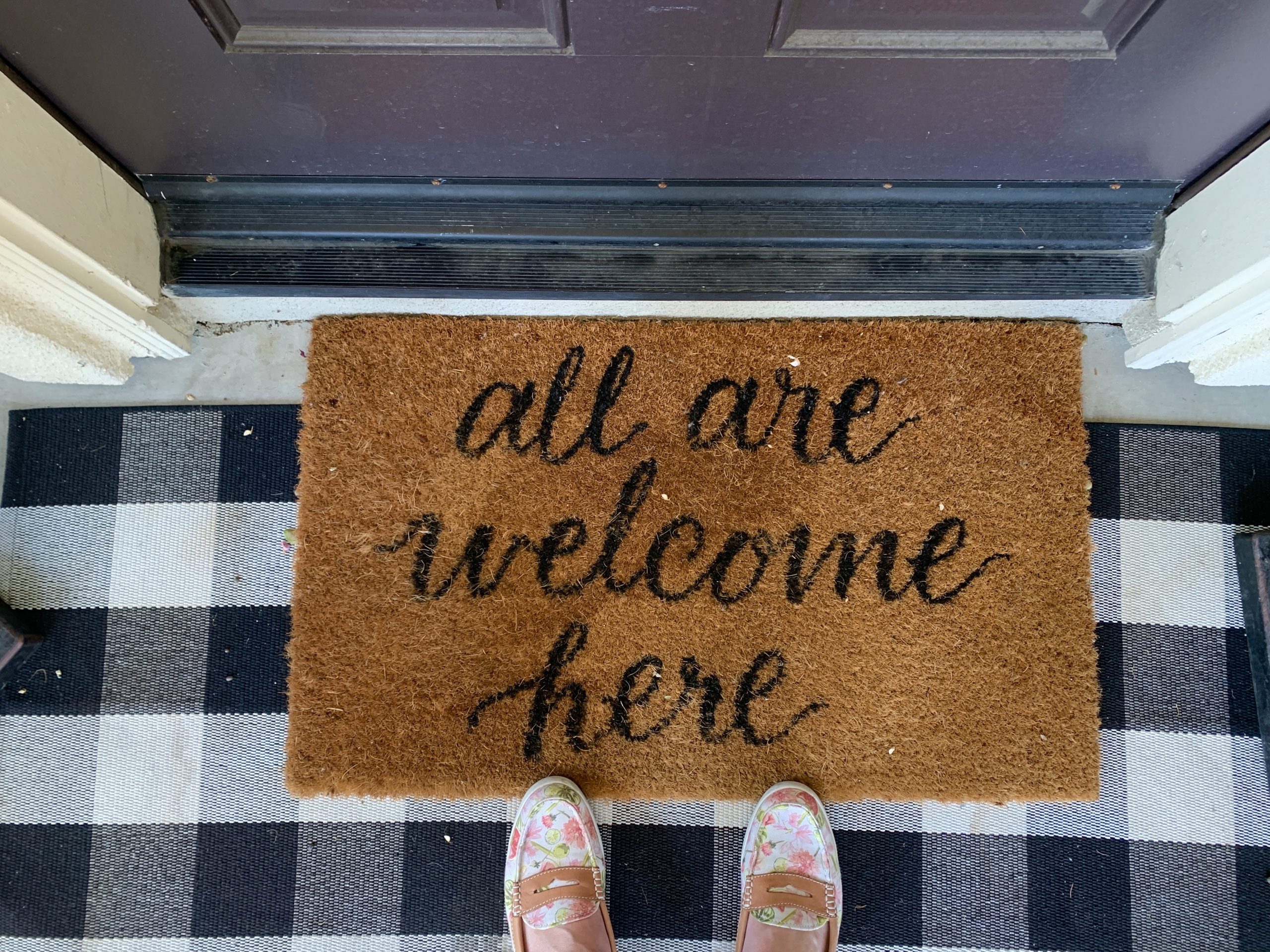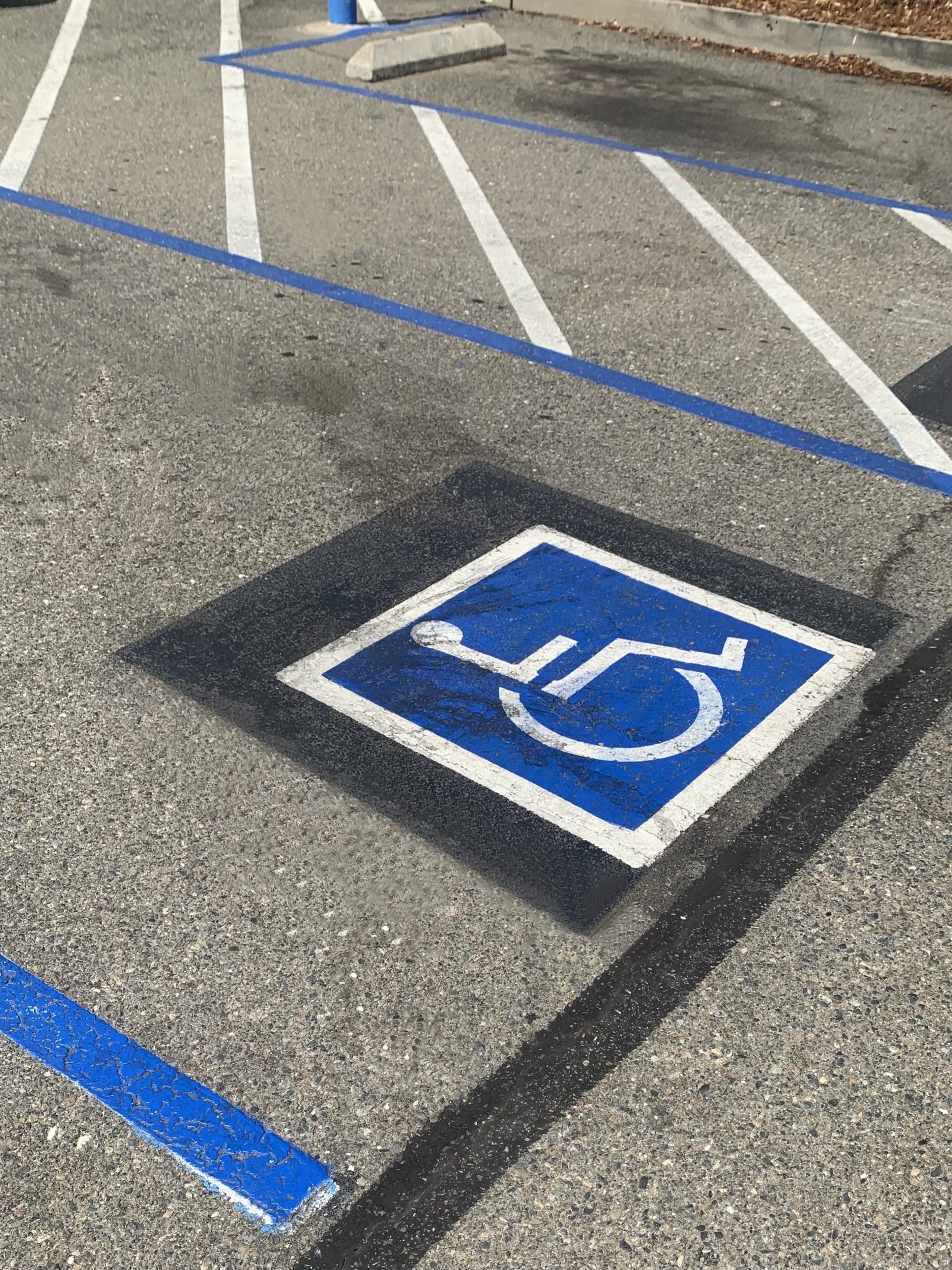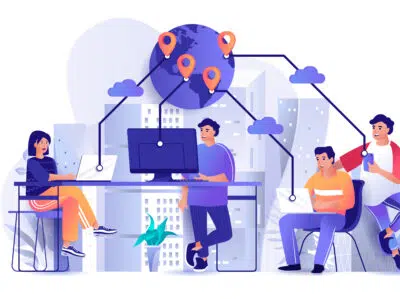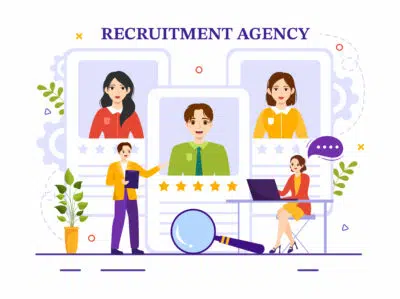Six steps to making workplaces more welcoming for people with disabilities

Why organisational structure matters
January 19, 2022
How India Inc is ensuring inclusion for LGBTQ employees
January 21, 2022
Couple asian woman communicating via sign hands language on video call to a deaf person
Would it surprise you to know that more than a billion people in this world have some form of disability? In terms of ratio, it means that one in seven persons has a disability. In some cases, the disability is visible; in other cases, it is not so apparent.
Though these numbers are staggering, a sobering fact is that the inclusion of those with disabilities into the workplace has traditionally been abysmally low.
Consider the following statistics:
- According to a Ministry of Statistics report on Persons with Disabilities, only 36% of India's 26.8 million persons with disabilities (2.21% of the Indian population) are employed, with more men than women having jobs.
- As per a Business Standard study, persons with disabilities form around 0.46% of the staff in India's top companies.
It’s true that firms have often been hesitant to employ those with disabilities because they have bought into the myth that hiring people with disabilities entails considerable costs. It turns out that the additional expenditure, if at all, is quite minimal. There is a strong business case for building robust disability inclusion programmes and it is in the best interests of organisations to ensure that persons with disabilities are represented well in their workplaces.
The “Why” of it all
Apart from it just being the “right” thing to do on humanitarian grounds, why should companies hire people with disabilities?
Mitigate the talent shortage:
We are living in a world where there is a global talent shortage. In such a world, doesn’t it make economic sense to identify jobs that can be done well by people with disabilities and give them an opportunity to prove their mettle? In fact, there are companies that developed internship programmes for adults with disabilities when they found themselves short of entry-level workers, a case in point being Gordon Food Service in the US. Hiring people with disabilities is a talent strategy that will benefit companies in the long run.Strong correlation between financial performance and well-developed disability-inclusion practices:
A research study conducted by Accenture revealed that companies that embrace best practices for employing and supporting more persons with disabilities in their workforce have outperformed their peers. Organisations that proactively hire those with disabilities and have well-developed disability inclusion practices were found to have double the net income, 28 per cent higher revenue, and 30 per cent higher economic profit margins over a four-year period.Building truly inclusive products and services:
Having employees with disabilities across departments helps ensure that the products and services that go to market are truly inclusive. Multinational companies like Google claim to “intentionally seek out people with different backgrounds and experiences” to ensure that the tools they develop are representative of the diversity of the people who use those tools or products.Improved productivity levels:
Work environments that are more inclusive of persons with disabilities often see improved productivity levels. A report, The Road to Inclusion – Integrating PwDs in Organizations, published by the Boston Consulting Group and Youth4Jobs, stated that companies hiring persons with disabilities saw improved productivity—up to 8–10% higher productivity was established in repetitive tasks in several roles in manufacturing, hospitality and BPOs.Enhanced Reputation: Companies that adopt inclusive marketing and advertising efforts tend to stand out from the competition
and are held in higher esteem. A survey conducted by the US National Business and Disability Council in 2017 revealed that 66% of consumers will purchase goods and services from businesses that feature persons with disabilities in their advertising, while 78% will purchase goods and services from those that take steps to ensure that people with disabilities are given opportunities to work. In 2019, Benefit Cosmetics, a cosmetics company based in San Francisco, introduced Kate Grant, an Irish model with Down’s Syndrome as a brand ambassador. This led to the company garnering a positive response from the disability community and elicited great publicity for the brand.Lower turnover rates:
In these days of high attrition and “the Great Resignation”, what better reason for companies to hire those with disabilities than the fact that they have been proven to be more loyal than other employees? The Boston Consulting Group and Youth4Jobs study found lower attrition rates (5% lower than regular employees) and lower absenteeism among employees with disability, which led to better bottom lines, higher customer satisfaction levels and the spin-off of a positive brand image. Besides, those with disabilities have been found to have the top skills that recruiters look for in new recruits — creativity, grit and persistence in the face of challenges.Welcome aboard!
So then, what steps can companies take to ensure that people with disabilities who are recruited into their workforce feel welcome? How can organisations ensure the best contribution from this cohort and win their loyalty?

Create awareness within the organisation:
All employees must undergo mandatory training to help them better understand and become sensitised to the challenges that their colleagues may face. Similarly, those with disabilities must undergo training that equips them with the best skills to integrate into the workplace and contribute effectively. It is also imperative on the organisation to ensure that once the employee is hired, there is no discrimination against the employee on any front — be it recruitment, job assignments, promotions, training, benefits, vacation or even layoffs.Mentoring and coaching initiatives within the company:
The right mentors are invaluable for all professionals. Those with disabilities benefit all the more with mentors and leaders who guide them as they navigate the vagaries of a professional life. Having people in senior positions with disabilities as mentors and coaches enables people with disabilities to set goals, work towards them and aspire towards growth opportunities in the organisation.
Provide employees with disabilities with accessible tools and technology:
Accessible tools and technology can level the playing field for all. Company intranets must be accessible and organisations should take all steps to ensure that those with disabilities are provided with tools that enable them to carry out their tasks with ease. Some of the assistive technologies that are commonly used by those with disabilities are Braille support, magnification options, screen readers and dictation software.
Understand the relevant laws related to employing persons with disabilities:
Most countries have laws related to hiring persons with disabilities. It is crucial for organisations to understand the requirements and laws specific to the hiring and recruitment of those with disabilities. In India, as per the Rights of Persons with Disabilities Act, 2016, at least 4% of the total number of vacancies in government establishments in specified categories (and 1% in certain others) must be reserved for those with disabilities. All disabled employees have the right to equality and non-discrimination.Identify jobs that can be done by the disabled with excellence: There are specific industries where people with various types of disabilities could excel and make a mark. Speech and hearing impaired people working in the manufacturing industries are found to be less distracted by the sounds around them and report less tiredness and fatigue at the end of the day. Similarly, many with locomotive challenges have been found to perform well in the IT/ITES, BPO and travel sectors. The onus is on companies to identify areas where they could use the support of those with disabilities and find the right fit for their skill sets. An example is the Metta Foot Reflexology Spa in Mumbai, where 90% of the employees are visually impaired. These employees were found to be highly proficient at their work and tended to work with higher focus.
Improve the infrastructure needed to support those with disabilities:
Infrastructure support is a crucial aspect of making it easier for those with disabilities to thrive at the workplace. Ramps for wheelchairs, accessible entrances, ergonomically suitable work stations and designated parking spots for the handicapped near the entrance are a few ways in which companies can support employees with disabilities. Amenities like restrooms, cafeterias, and water coolers should also be easily accessible for them.
India needs to see an increase in inclusive and accessible workplaces. People with disabilities need safe, collaborative environments, built on mutual respect, where they can do their best and thrive. Companies have a huge role to play in integrating them into mainstream society by providing them the much-needed economic opportunities. While traditional working models are getting turned on their head due to the pandemic, organisations must ensure that the interests of those with disabilities are considered and given due importance. When enterprises make it a priority to build inclusivity and accessibility best practices into their ecosystem, they pave the way for a world where people with disabilities feel valued and make an impact.
Careernet is a talent solutions provider that takes corporate disability inclusion seriously and supports diversity at the workplace. With Careernet Prism, the company helps employers build inclusive workplaces with diverse talent, including LGBTQ, veterans and persons with disabilities. Do reach out to Careernet at sales@careernet.in to know more.


